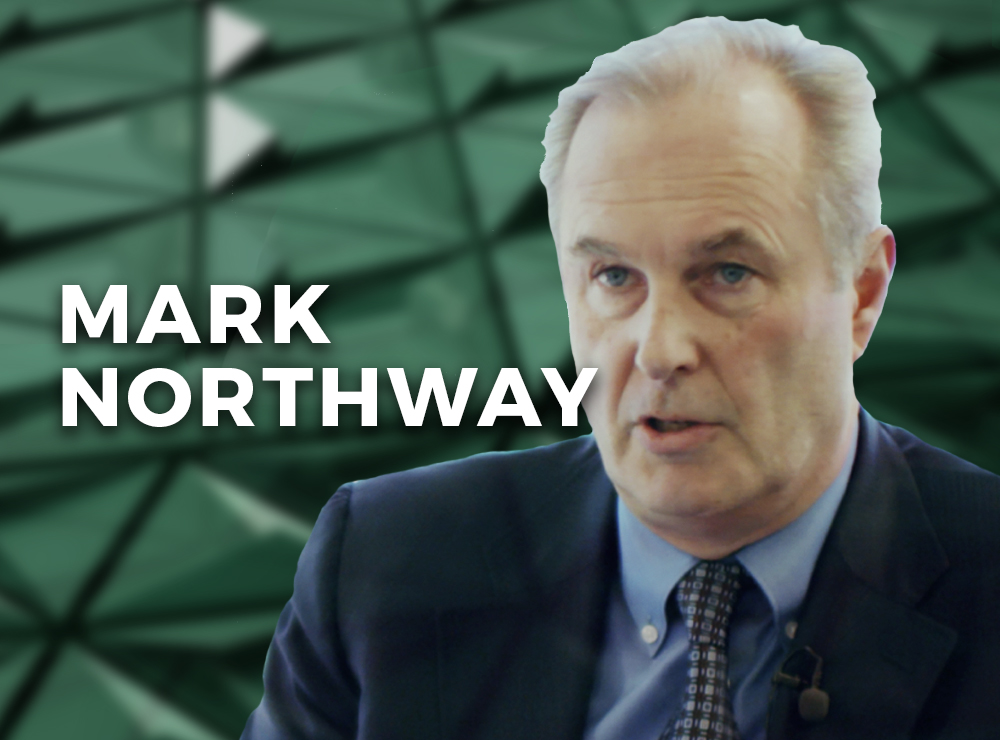
ESG stocks have enjoyed a stellar run, and sustainable investment funds continue to report healthy inflows. In the long term, ESG investing makes sense from a risk, as well as a moral, perspective. But, investing responsibly won’t necessarily translate into higher returns, and, as Sparrows Capital’s MARK NORTHWAY explains, expecting ESG’s winning streak to persist in the short-to-medium-term is asking for trouble.
The investment industry has a saviour — apparently impervious even to pandemics — but devotion to its power could be a brewing issue this year. ESG investing, sometimes also referred to as ‘responsible’, ‘sustainable’ or ‘ethical’ investing, appears to have forged itself a cast-iron reputation.
As the ravages of the coronavirus pandemic hit economies, many investments with an ESG tilt not only experienced a less severe drop, but performed as well, if not better, than their non-ESG counterparts in the market recovery.
The rationale behind ESG investments makes perfect sense; investors increasingly want their capital to ‘do good’, both in terms of investment returns but also in relation to climate change and other global issues.
But the forces that led to such strong ESG performance during a once-in-a-generation event may not persist or repeat themselves in short order.
Scrutinising returns
Many investors are expecting outsized returns from ESG holdings again this year, but we would caution against this stance.
Even though our own SCore Responsible Equity 60 fund significantly outperformed the Investment Association’s 40-85% Shares sector in 2020, we are conscious of what caused the performance surge.
It was somewhat serendipitous that certain stocks and sectors that are routinely considered as ESG-friendly investments were also those that prospered in the pandemic.
The tilts to the likes of IT, consumer discretionary stocks, and healthcare within ESG indices were beneficial when large parts of these sectors flourished in the face of lockdowns and the unfolding health crisis.
Essentially, a re-rating of many sectors occurred, buoyed by a momentum effect as capital migrated accordingly. Investors are unlikely to catch such a large wave again in the near future.
Tactical decisions
It’s difficult to argue against the momentum part of the equation: roughly 15 per cent of European assets now have an ESG tilt. Across the Atlantic, roughly one of every three dollars invested — some $17.1 trillion — is under a sustainable mandate.
The trend is not going away any time soon, but its speed could slow, making it overly optimistic to presume that the jet fuel added to it by the pandemic will continue this year.
A significant number of firms experienced record-breaking re-ratings in 2020 as their business models were bolstered by the surge in home-working and e-commerce.
This has led to exorbitant valuations in many cases. Even ignoring the fact that many of these firms may simply have borrowed growth from the future, most investors would claim they follow the ‘buy low, sell high’ mantra.
Upcoming rotation
It would be safe to expect some profit-taking from the high-flyers into underperforming assets, making it more difficult for those shares that climbed stratospheric heights in 2020 to repeat the performance this year.
The new home for this shifting capital could still have an ESG tilt, but it might not flow into the sectors that succeeded because of lockdown.
This aligns with our view that ESG is a filter, not a factor; one can and should choose to invest in ‘ethical’ assets, but this should be done from the perspective of conscious, not from an expectation of increased return.
Virtue does not automatically translate into outperformance. Rather, it is the likes of value, growth, and, of course, momentum, that are the true drivers of long-term returns.
MARK NORTHWAY is Investment Manager at Sparrows Capital and chairman of ShareSoc, the UK Individual Shareholders Society. Based in London, Sparrows is a pioneer of capped-fee evidence-based model portfolios for financial advisers and is one of three strategic partners of TEBI’s in the UK.
ALSO BY MARK NORTHWAY
DIY trading boom storing up problems for the future
Coming soon — a Darwinian cull of active management
How we limited losses when markets plummeted
What Woodford teaches us about illiquid assets
Why wealthy investors love hedge funds
PREVIOUSLY ON TEBI
The uncanny parallels between Neil Woodford and Bill Gross
Sustainable investing is about returns we may never notice
Do investors allocate optimally to ETFs?
There’s more to life than trading stocks
Do we become better investors as we age?
Latest figures offer little comfort for Canada’s stockpickers
Fintech is booming — but can Britain keep up?
Indexed annuities: Have you been framed?
VIDEO MARKETING FOR ADVISERS
Through our partners at Regis Media, TEBI provides a wide range of video content for financial advice and planning firms.
For firms in the UK, we can either come to you, or you can come to Regis Media’s studios in Birmingham, where we have a full white-screen set-up with lights and autocue. For firms outside the UK, we’re happy to talk through the options with you.
If it’s educational content you’re looking for, we have more than 200 pre-produced videos which can be tailored to include your branding, contact details and call-to-action.
Interested? Email Sam Willet, who will be happy to help you.
© The Evidence-Based Investor MMXXI
© The Evidence-Based Investor MMXXI
















